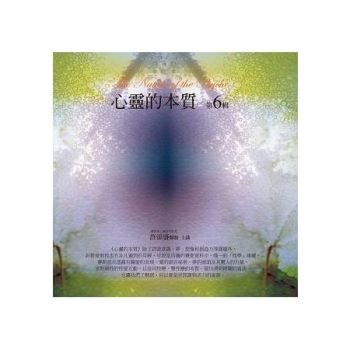In Egypt Seb-the earth-is a goose, "the great cackler," who lays the gold egg-the sun. The goose was early tamed by Egyptians, though they had neither ducks nor fowls as domestic birds. In India Brahma rides the goose (see Hansa), and in mythology it is often confused with the swan, which is the great emblem of white, and snow, clouds. The goose is an emblem of Frey, and the swan of Freya, among the Norse. The swan was sacred to the sea god Niord. Russian folk-lore abounds with tales of geese, swans, and ducks. Wedding gifts always include geese, which are symbolic of conjugal fidelity. -from "Goose" This 1906 classic of comparative literature, hard to find in print today, was the first English-language project to approach the world's religions from an anthropological perspective. The work of thirty years for Scottish author JAMES G. R. FORLONG (1824-1904), it was originally published under the now-antiquated title A Cyclopedia of Religions and produced at the author's own expense, so strongly did he feel about the need for it despite the reluctance of the publishing houses of the day to produce it. A road engineer by trade, Forlong traveled the world, learning seven languages and becoming an avid amateur student of native culture-his labor of love was gathering, in this three-volume set, a comprehensive, academic knowledge of the totality of human religious belief. Volume II: E-M includes entries on such gods, peoples, places, practices, symbols, and concepts as: - Easter Isle, eggs, fear, and fetish - gipsies, gorgons, Helene, and horse - incubi, inspiration, Jacob, and Japan - Kadesh, Kant, lion, and logos - Maia, Maimonides, and Mennonites - and much more.
| FindBook |
有 1 項符合
Encyclopedia of Religions - In Three Volumes, Vol. II: E-M的圖書 |
 |
Encyclopedia of Religions - In Three Volumes, Vol. II: E-M 作者:Forlong 出版社:Cosimo Classics 出版日期:2013-01-01 語言:英文 規格:平裝 / 588頁 / 22.9 x 15.2 x 3.3 cm / 普通級 |
| 圖書館借閱 |
| 國家圖書館 | 全國圖書書目資訊網 | 國立公共資訊圖書館 | 電子書服務平台 | MetaCat 跨館整合查詢 |
| 臺北市立圖書館 | 新北市立圖書館 | 基隆市公共圖書館 | 桃園市立圖書館 | 新竹縣公共圖書館 |
| 苗栗縣立圖書館 | 臺中市立圖書館 | 彰化縣公共圖書館 | 南投縣文化局 | 雲林縣公共圖書館 |
| 嘉義縣圖書館 | 臺南市立圖書館 | 高雄市立圖書館 | 屏東縣公共圖書館 | 宜蘭縣公共圖書館 |
| 花蓮縣文化局 | 臺東縣文化處 |
|
|
圖書介紹 - 資料來源:博客來 評分:
圖書名稱:Encyclopedia of Religions - In Three Volumes, Vol. II: E-M
|











